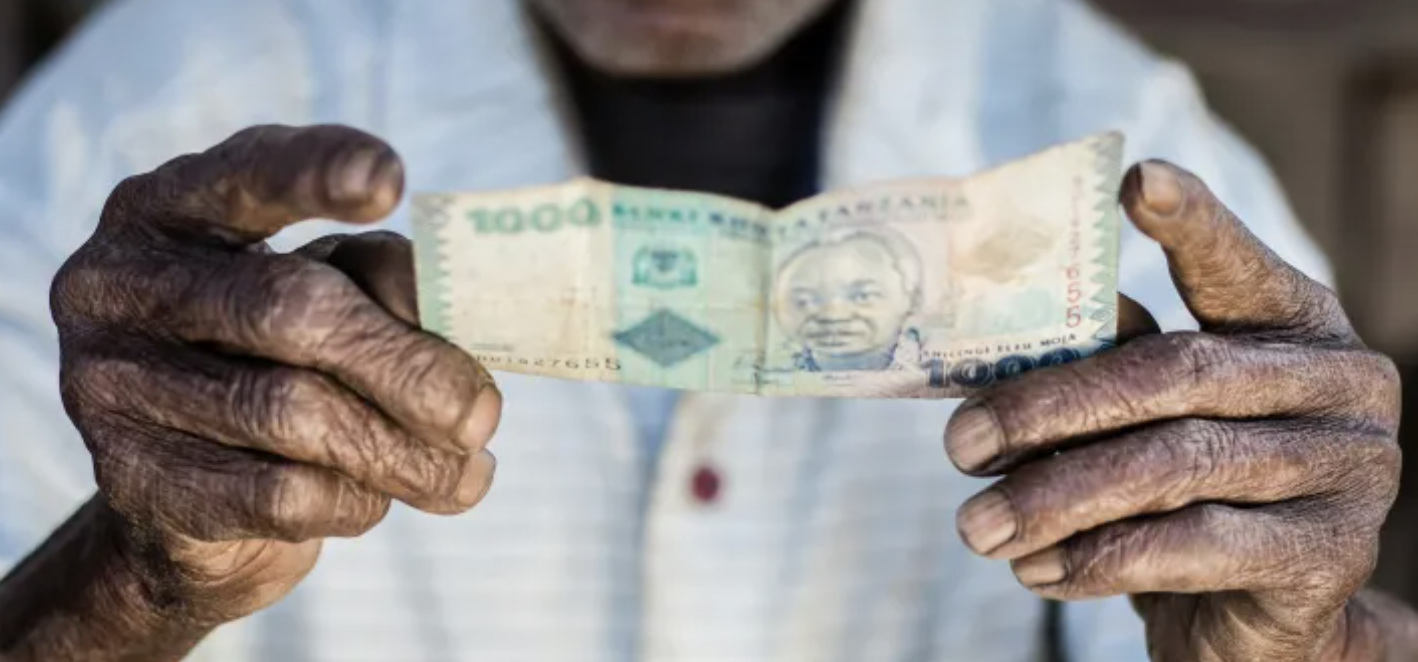A shift toward local currency financing is helping underserved sanitation sectors access capital, manage risk, and scale impact. Nigeria offers a compelling case, but the model has global potential.
As development finance adapts to new global challenges, a growing consensus is emerging: local currency loans are critical to unlocking sustainable sanitation systems in low- and middle-income countries. In a recent Devex article, authors Cecilia Akintomide and Tony Okpanachi argue that financing sanitation in local currencies makes essential investments more viable, especially for small-scale enterprises and communities vulnerable to exchange rate shocks.
Sanitation—often overlooked in development funding—is central to health, equity, and climate resilience. Traditional large-scale systems rarely reach remote areas, leaving non-sewered sanitation options underfunded. Yet these decentralised approaches create jobs, improve public health, and support inclusive growth. When funded in foreign currencies, however, these projects face heightened financial risk, especially in fragile economies.
Nigeria’s partnership between the UN Sanitation and Hygiene Fund and the Development Bank of Nigeria offers a promising alternative. By supporting local banks and entrepreneurs with technical assistance and local currency loans, the model enhances access to capital and project sustainability. This approach, the authors note, is replicable globally and offers lessons for financing other essential sectors.
The model exemplifies how development finance can better align with local realities — using blended finance, public-private collaboration, and country-owned strategies to deliver results. As global financing systems are reimagined, this initiative offers a replicable framework for mobilising capital in other high-impact, underfunded sectors beyond sanitation in LMICs.


